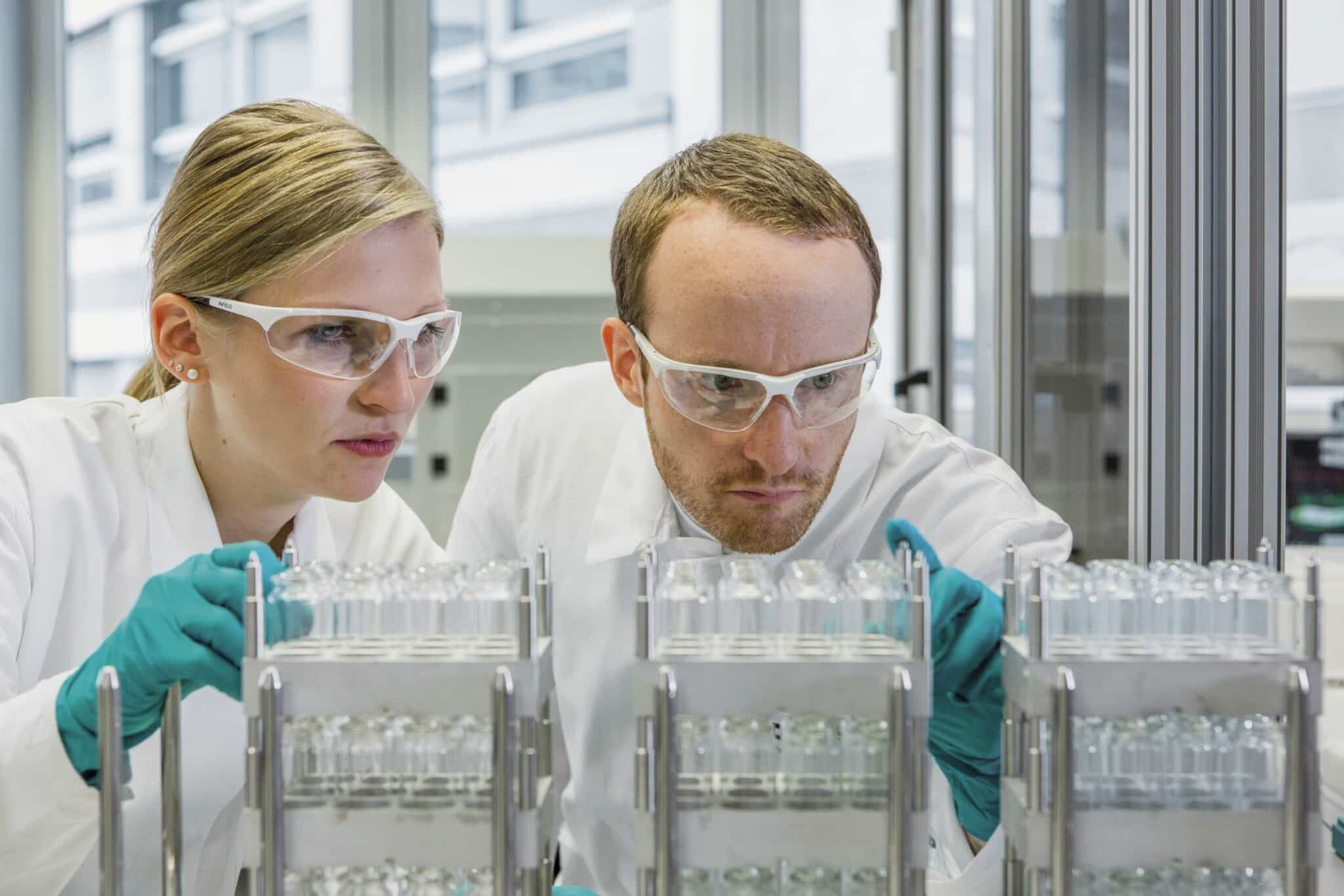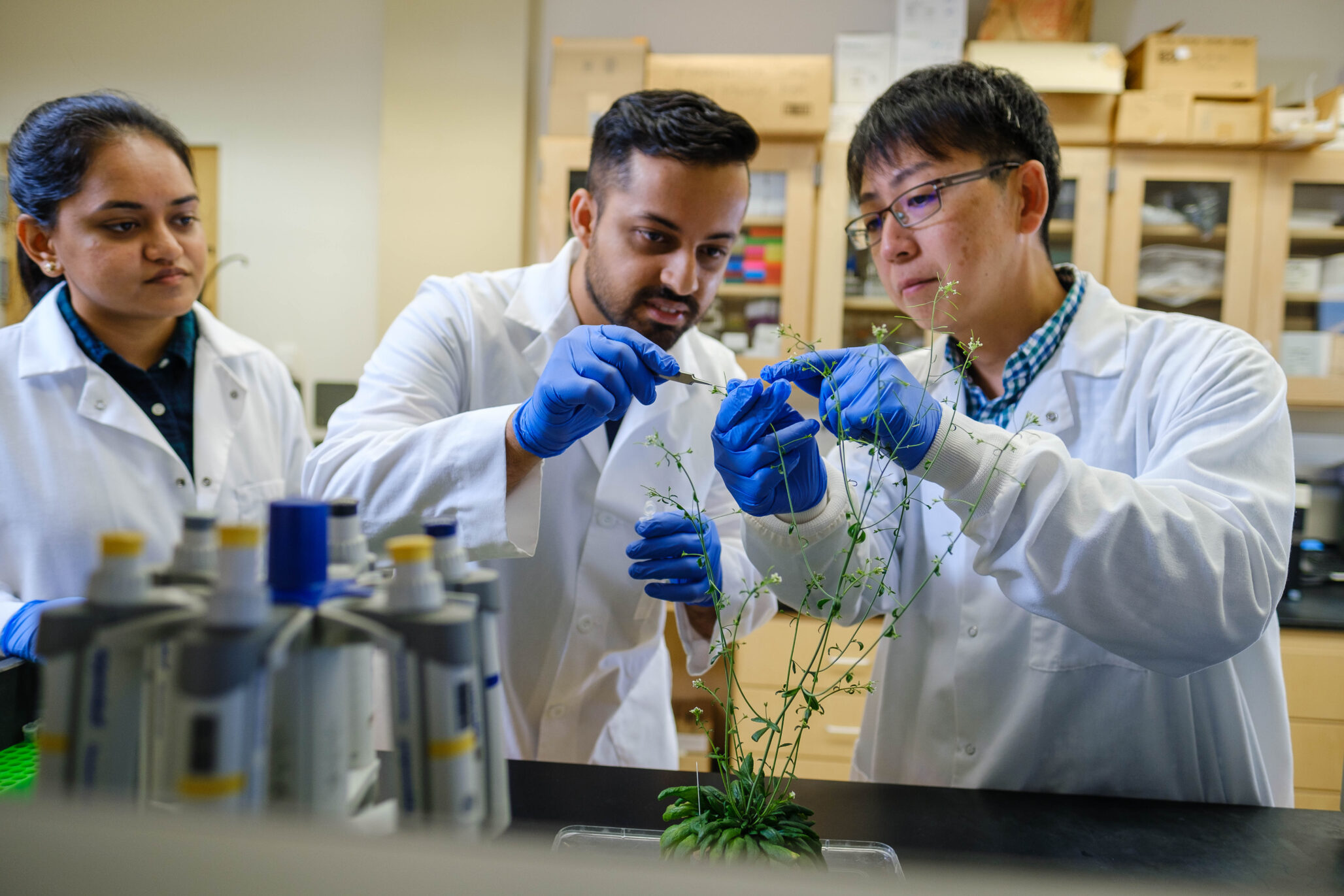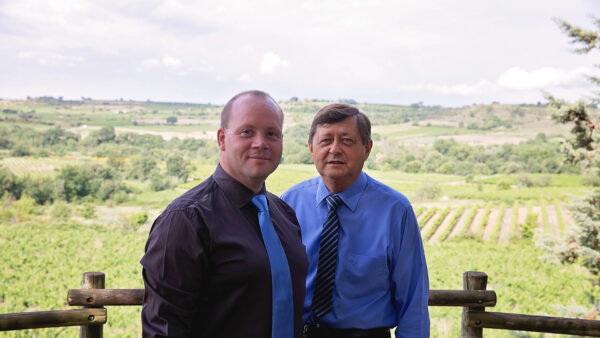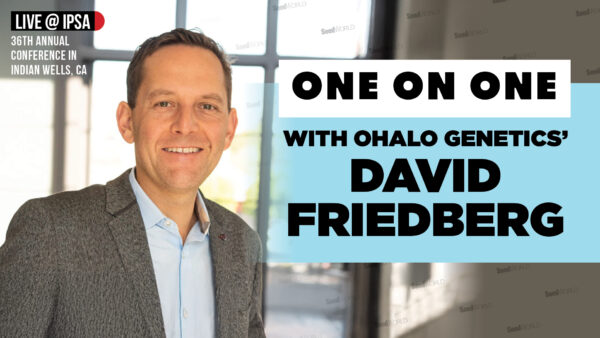Limburgerhof, Germany, and Copenhagen, Denmark, Farmers worldwide are facing the challenge of feeding a growing population while reducing the impact of agriculture on the environment. BASF partners with Vipergen, a global leader in research services, to apply their technology to discover new active ingredients for sustainable crop protection products more efficiently and quickly.
For the first time in the agricultural sector, the research collaboration uses a technology from Vipergen that has already been applied successfully in the search for pharmaceutical active ingredients. This new technology allows for the testing of novel chemical compounds on target proteins in living cells. Tests in cells lead to more accurate results compared to conventional methods, which use target proteins previously isolated from cells and purified in an elaborate process. Testing can be performed on several million compounds, looking at their uses in crop protection as well as their environmental impact, all in a single experiment and in considerably shorter time. Promising compounds can be easily identified through a specific DNA coding. This targeted research approach can greatly accelerate the identification of new active ingredients.
“The collaboration with Vipergen will complement our set of tools aimed at developing novel, world-class, sustainable crop protection solutions for a connected offer that will benefit farmers, consumers and the environment,” said Juergen Huff, senior vice president, Research and Development Crop Protection at BASF Agricultural Solutions. “Through Vipergen’s powerful technology, we aim to identify active ingredients for new crop protection products more efficiently. This helps to accelerate the development of new solutions that increase agricultural productivity and reduce environmental impacts.”
“We are excited to partner with BASF to drive innovation for sustainable agriculture,” said Nils Hansen, CEO of Vipergen. “Applying our Cellular Binder Trap Enrichment technology to screen DNA-encoded libraries in living cells will quickly provide high-quality hits that BASF can use to develop new sustainable crop protection products.”
BASF retains exclusive rights to globally commercialize all products resulting from the collaboration. Financial details of the partnership were not disclosed.











